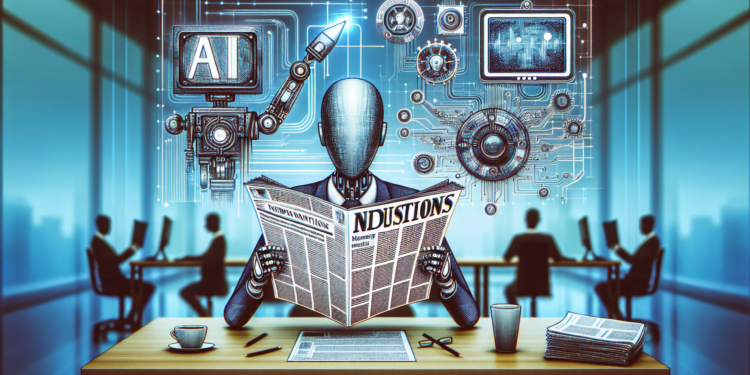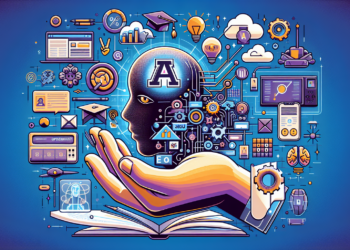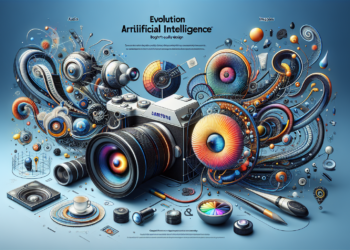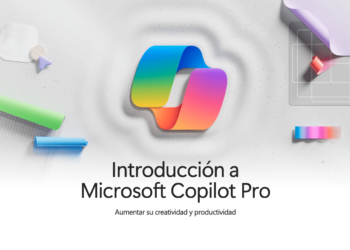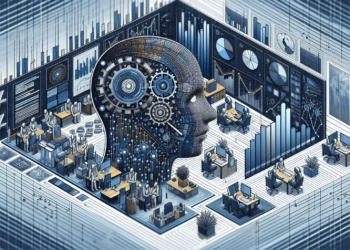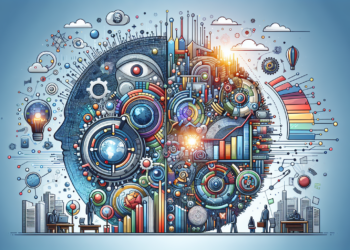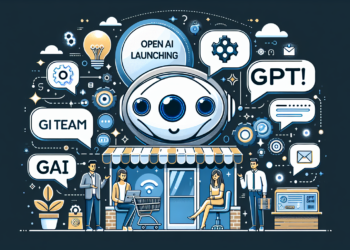In a striking precedent at the crossroads of copyright law and artificial intelligence, The New York Times (NYT) has filed a lawsuit against OpenAI and Microsoft. At the heart of the litigation is the use of protected journalistic content for training generative artificial intelligence algorithms, specifically highly advanced natural language processing (NLP) models.
The Evolution of NLP and Its Controversial Context
Recent years have witnessed significant strides in the field of NLP, with systems like OpenAI’s GPT-3 leading the charge. These models are trained using deep learning techniques on vast datasets that contain an amalgam of texts drawn from numerous sources, including news articles, online forums, and literature. The idea is that by absorbing and analyzing linguistic and conceptual diversity, AI can generate coherent, contextually relevant text, and at certain levels, indistinguishable from that created by humans.
With Microsoft’s foray into this arena by exclusively licensing and leveraging GPT-3 to enhance its own business solutions, the matter of source content becomes even more significant. The legal implications of this practice have been widely discussed, but the lack of specific legislation for this type of methodology had left the issue in a gray area.
Technical and Legal Aspects of the Dispute
The crux of NYT’s argument is that training these models with their articles constitutes copyright infringement since it exploits protected works without authorization. Moreover, the generated results might eventually echo ideas, styles, and even specific information from unique reports, eroding the brand and the value of the original content.
OpenAI and Microsoft, on their part, could argue that the use of these texts falls under “fair use,” as the ultimate goal is not to reproduce the original content but to train algorithms capable of understanding and manipulating language abstractly.
The real technical and legal challenge lies in the difficulty of drawing a clear line between instrumental use of content as mere input for machine learning and the undue exploitation of intellectual property.
Implications and Consequences of the Judicial Decision
The court’s ruling on this controversy could set a precedent in the use of data for training AI, potentially requiring licenses or even altering the training methodology of these sophisticated systems.
A decision in favor of the NYT could mean a reconsideration in curating datasets for AI training, a decrease in the predictive and generative capabilities of the models, or an increase in operational costs due to having to compensate copyright holders for their content usage.
Conversely, a favorable outcome for OpenAI and Microsoft could promote the free use of online content for model training, considering it as a necessary step toward technological advances whose purpose surpasses the reproduction of the original material.
The Defense of Copyrights in the Digital Age
Access to information and the exchange of knowledge are cornerstones of the digital age; however, the protection of intellectual property remains a point of constant tension. The essence of the dispute between The New York Times, OpenAI, and Microsoft strikes at the heart of this dichotomy.
The legal battle will transcend mere litigation to become a broad debate about the limits of technology, the ethics of automation, and how our legislation can and must evolve to embrace the complexities of the 21st century without sacrificing the integrity of creative work.
Conclusion and Future Projections
Regardless of the outcome of the lawsuit, it is clear that discussions around the use of protected content for training generative AI systems will continue to gain momentum. The resolution could expedite the development of new strategies for AI training, including synthetic content generation or the enhancement of semi-supervised learning and transfer learning techniques.
This case highlights the urgent need for the tech community to actively participate in legislative dialogue and for content creators to consider adaptive business models. Ultimately, the fine line between artificial intelligence, intellectual property, and the free flow of knowledge is being tested, dictating a future where multidisciplinary collaboration will be key to responsible and ethically aligned innovation.

